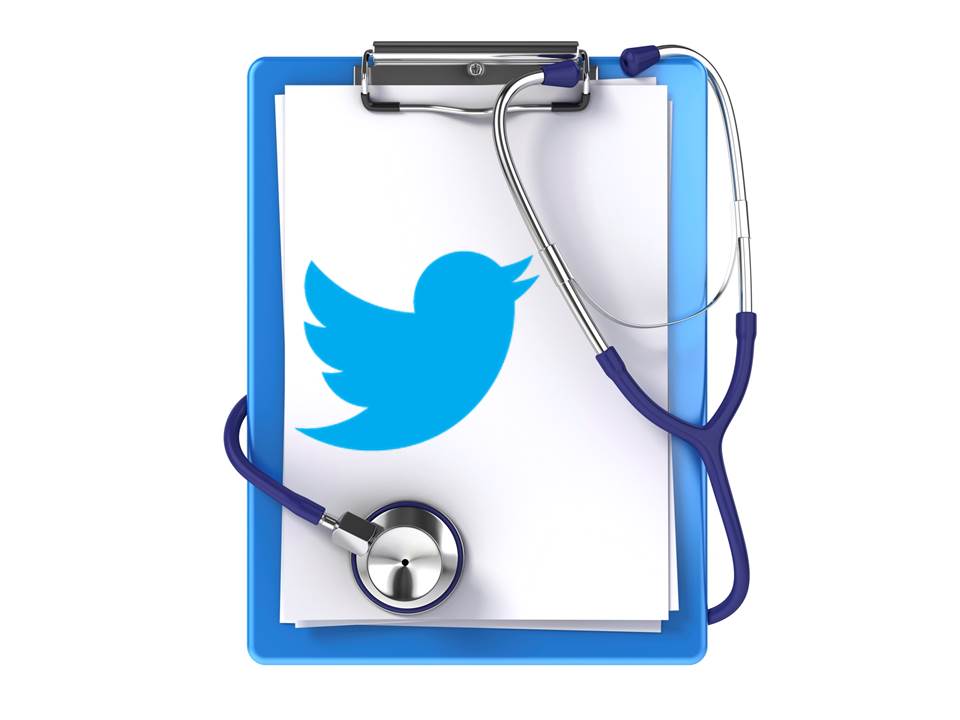Twitter Chat Offers Insight on Participating in Health Research
Did you know that you can help others by participating in research? Health-focused research affects every aspect of our lives, from the medications we take to the health of our environment. Researchers are working hard to identify new treatments and strategies to improve the health of our communities, but research needs healthy volunteers and volunteers with medical conditions in order to succeed. Participating in research is a safe, easy way for you to give back to your community and give hope for the future while learning more about your own health.
Find out how you can participate in research during the University of Kentucky's next #AskACat Twitter chat, beginning 2 p.m. Tuesday, Sept. 16, at @universityofky. UK researchers will answer general questions about participating in research. They will also answer questions about ResearchMatch, a registry that pairs volunteers with researchers looking for participants, and UK's new Research Registry and Specimen Bank, or the "biobank."
UK patients are being invited to help researchers by allowing leftover blood and tissue from their normal medical procedures to put into the biobank. For example, when a patient undergoes a blood draw or tissue biopsy, the blood or tissue that isn’t used for testing is normally thrown away. In the new biobank project, however, patients will be given a consent form to allow any “leftover” blood or tissue from their regular medical procedures to be stored in the biobank for research purposes. No additional procedures will be performed or extra blood or tissues collected whatsoever. Participation is voluntary, and to protect patient privacy, all identifying information (such as name, address and social security numbers) will be removed from the samples and corresponding medical records.
Four UK experts will respond to questions during the chat:
· Belinda Smith, education specialist at the Office of Research Integrity;
· Ada Sue Selwitz, director of the Office of Research Integrity;
· Dr. Susanne Arnold, associate professor in medical oncology and radiation medicine and associate director for clinical translation at the Markey Cancer Center; and
· Dr. Phil Kern, director of the Center for Clinical and Translational Science and the Barnstable Brown Diabetes and Obesity Center.
Join the conversation or follow the chat at the university's official account @universityofky, or use the hashtag #AskACat for questions and responses from the Twitter chat.
Individuals interested in asking questions about participation in health care research, ResearchMatch, or the biobank can send their questions to twitter.com/universityofky through 3 p.m. Sept. 16, or to the UK Facebook page prior to 2 p.m., Sept. 16. Responses to questions will be shared with the university's Twitter followers and those following the hashtag #AskACat.
UK will present its next #AskACat Twitter chat Oct. 21.
MEDIA CONTACT: Whitney Hale or Elizabeth Adams, 859-257-1754

twitter_bird_on_chart_stethoscope_0.jpg